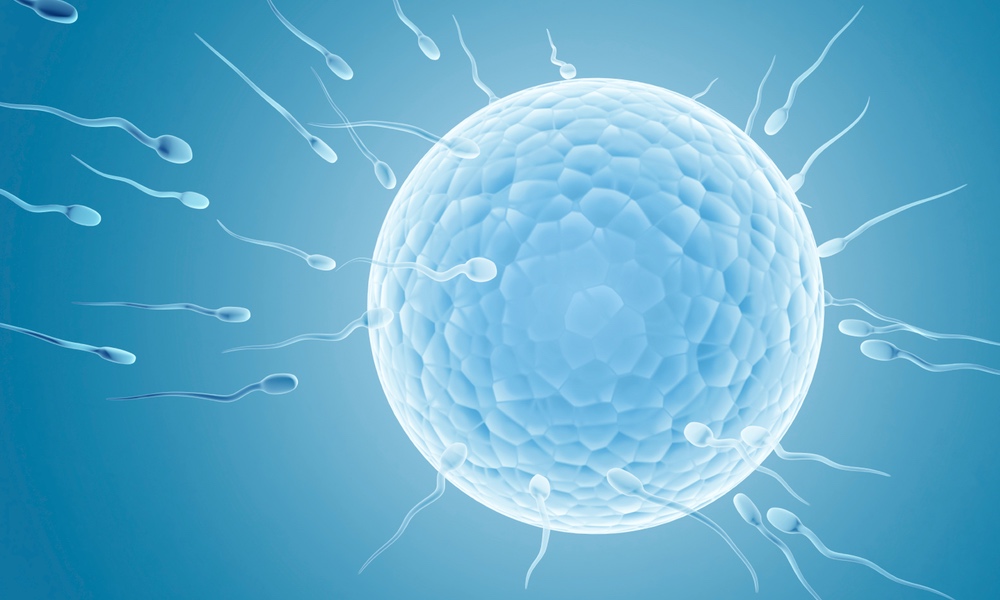There are a lot of untrue rumors swirling around COVID-19 vaccines. One is that it can reduce the chance of conceiving a baby. This is unequivocally false, a new study by researchers at the Boston University School of Public Health and other institutions across the country finds.
Having COVID-19 can affect conception, however. If a male partner is infected with the SARS-CoV-2 virus, it can interfere with conception, the researchers found.
The study involved over 2,100 women from Canada and the U.S. The women, who ranged in age from 21 to 45, were enrolled in the study from December 2020 to September 2021; and the research team followed up with them through November 2021.
Every eight weeks during the study period, the participants answered on-line questionnaires about their reproductive and medical history. They were also given the option of including their male partners to complete questionnaires. Seventy-three percent of the women and 74 percent of their male partners had received at least one dose of COVID-19 vaccine.Fevers are common during Covid infections, and they can reduce sperm count and mobility.
After analyzing the questionnaire’s answers, the researchers found no connection whatsoever between having been vaccinated against COVID-19 and the probability of conceiving a baby within one menstrual cycle.
But the scientists did discover something else — while a previous COVID-19 infection was not strongly associated with reducing probability of a woman’s being able to conceive a child, men who had contracted COVID-19 were more likely to experience a temporary reduction in the probability of conceiving. Specifically, couples in which the male partner had tested positive within 60 days of a given cycle, were 18 percent less likely to conceive in that cycle.
“The findings provide reassurance that vaccination for couples seeking pregnancy does not appear to impair fertility,” Diana Bianchi, M.D., director of NIH’s Eunice Kennedy Shriver National Institute of Child Health and Human Development, said in a press statement. “They also provide information for physicians who counsel patients hoping to conceive.”
Why there’s a connection between lower male conception rate and SARS-CoV-2, the virus that causes COVID-19, is not yet known for certain, but it’s suspected that higher-than-normal temperatures may be the culprit. Fevers are common during COVID-19 infections, and they can reduce sperm count and mobility. The infection may also cause inflammation of the testes and nearby tissue, as well as erectile dysfunction; both are common during the virus. What’s the best way a man can avoid this temporary decline in fertility? Vaccination.
The study is published in the American Journal of Epidemiology.





